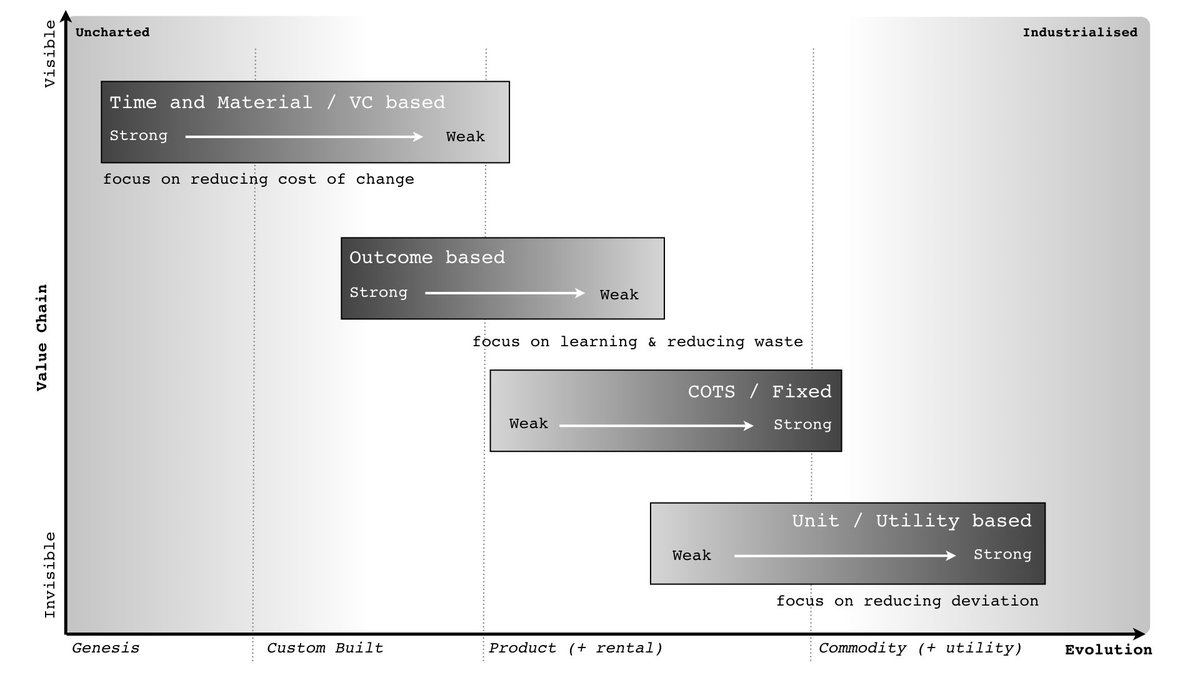Me : Outcomes.
X : How about effort spent?
Me : And, how are you planning to measure that?
X : With timesheets.
Me : That can be a dreadful idea ...
X : What's context switching?
X : Yes.
Me : That half a day cost a week. That's context switching.
Me : You like to think that but you took someone out of the flow of what they were doing, got them to focus elsewhere and then they had to recreate that flow. It's not easy for many. Go interrupt an artist or author when they're in their flow.
X : Yes, how did you know?
Me : The outlandish claims made in many books tend to get people very excited. Act with haste, repent at leisure.
Me : Outcomes.
X : But they could be wasting time.
Me : And? Humans need downtime.
X : They could be abusing the system. I had to fire a person who used to pretend to be working by having a spreadsheet open?
X : Yes
Me : So, who do you think the problem lay with?
X : They were messing around.
Me : You mean they were having some downtime (normal) or they weren't motivated and enthused about the work? In either case, the fault is with you.
X : Yes.
Me : Listen to them.
Me : It's a completely valid purchasing approach for the novel and new but as a constraint i.e. this is how much I have to invest in trying to find a solution to whatever this is, think of it like venture capital ...
Now, of course, once you have a known outcome your purchasing approach to that activity can change i.e. how much to achieve this outcome again?
Me : I used to work in FMCG. Our interest was product produced not in timesheets filled unless we're doing a time and motion study (which the outcome we're going for is ... more product produced).




